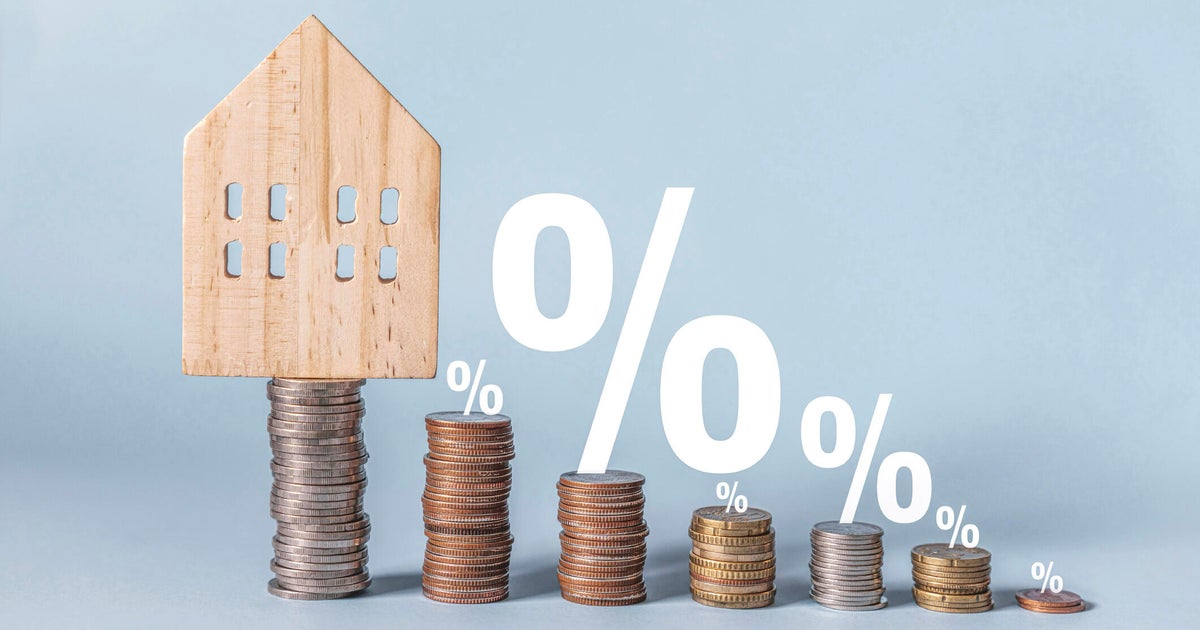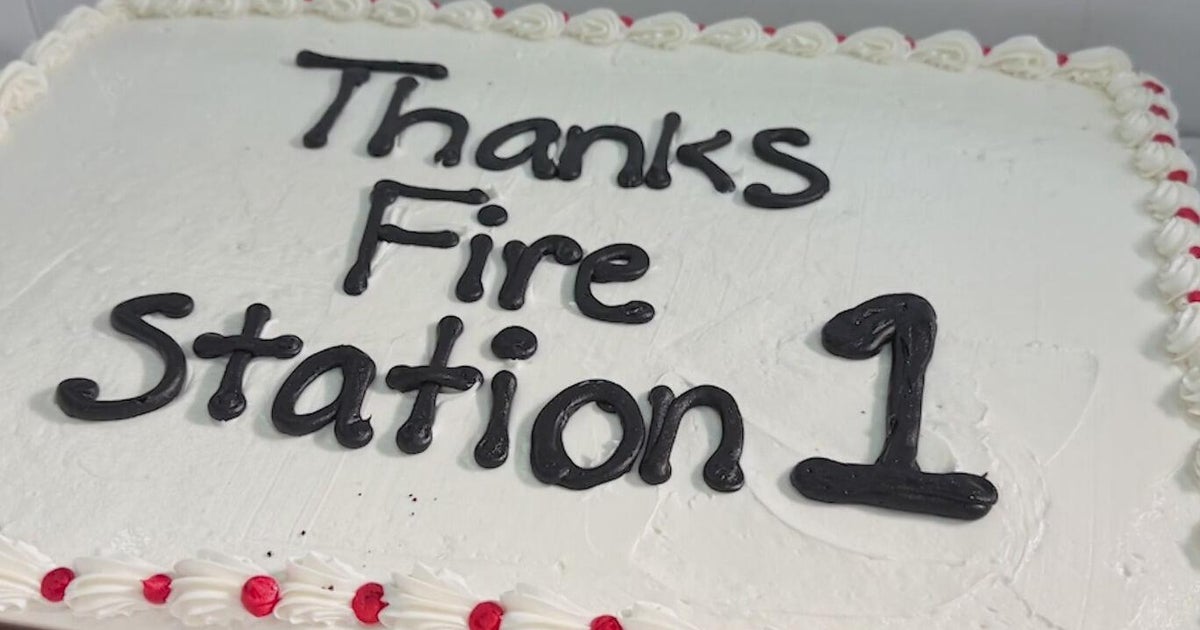What to know before using a home equity loan in 2024
Many homeowners have turned to home equity loans in the last year — and for good reason. Not only are most of them sitting on huge amounts of home equity (meaning potentially large loan amounts), but these loans allow them to tap that equity without touching or replacing their first-lien mortgage, too. Considering most homeowners have current mortgage rates of 5% or less — significantly less than today's almost 7% — that could mean serious savings on long-term interest.
But those conditions aren't going anywhere. Many experts predict mortgage rates will stay in the 6% range in 2024, so home equity loans will likely remain popular for the foreseeable future.
Are you considering using a home equity loan to cover home repairs or other expenses this year? Below, we'll break down what you should know before taking one out.
See what home equity loan rates and terms you qualify for here now.
What to know before using a home equity loan in 2024
Here are four things to consider before applying for a home equity loan this year.
They reduce how much equity you have — and mean less sales profits
Your home equity is your home's value minus any mortgage balance you have on the property. And home equity loans? They let you borrow from that home equity and turn it into cash.
This can be helpful if you want to renovate your house, pay for repairs or have any other expense coming up, but they also mean you own less of your house. So, if you sell the property anytime soon, you might not make much in profits — or any at all, if your home goes down in value.
"You would get less in proceeds or potentially owe more than your value," says Mark Worthington, branch manager at Churchill Mortgage.
Owing more than your home is worth is calling being upside-down on your mortgage — or in "negative equity." If this happens, you'll want to wait until your loan balance is smaller or your home's value increases, as it will mean owing your lender extra cash when selling the home.
"Borrowing against home equity when housing prices are at a high might put you in a negative equity position when or if home values fall," says Bill Westrom, CEO of TruthinEquity.com. "However, if that event does occur, be patient. Housing prices will rise again. With home prices and interest rate at market highs, I'm recommending to homeowners to borrow less than the 80% loan-to-value limit the banks are willing to lend. Borrowing at 70% or less — if you have that much equity available — will build a cushion between negative equity and market fluctuations."
See how much home equity you could potentially borrow online now.
They add an extra monthly payment
Home equity loans are a second mortgage, meaning they're a loan in addition to your first mortgage. As such, they come with an additional monthly payment.
The good thing is they usually have fixed interest rates, so that payment will never change as long as you have the loan. You'll just need to make sure you're budgeting carefully so you can cover your payments every month. If you don't, the lender could seize your house.
"Home equity loans are mortgages," says Dan Green, CEO of Homebuyer.com. "Neglecting monthly payments can lead to foreclosure."
They can be smart for paying off debts
While many homeowners use home equity loans to pay for repairs or home improvements, you can also use them to pay off higher-interest debts.
As Karl Jacob, CEO of LoanSnap, explains, "Home equity rates are usually from 8 to 10%, which compares very favorably to personal loan rates or standard credit card rates."
He's right: The current average credit card rate is over 21%, while average personal loan rates are over 12%. This means using a home equity loan to pay off a credit card or personal loan balance would likely reduce your rate and allow you to pay off your debts more affordably.
Home equity loan rates vary quite a bit
According to Worthington, rates on home equity loans "can vary significantly" from one lender to the next, so it's imperative you compare at least a few different lenders before choosing where to get your loan. This should include your main bank (they may offer loyalty discounts), a credit union and an online lender, as these often have lower overhead costs than brick-and-mortar banks and can make better deals. Be sure to compare each lender on closing costs, too, as Worthington says these can also look starkly different between companies.




